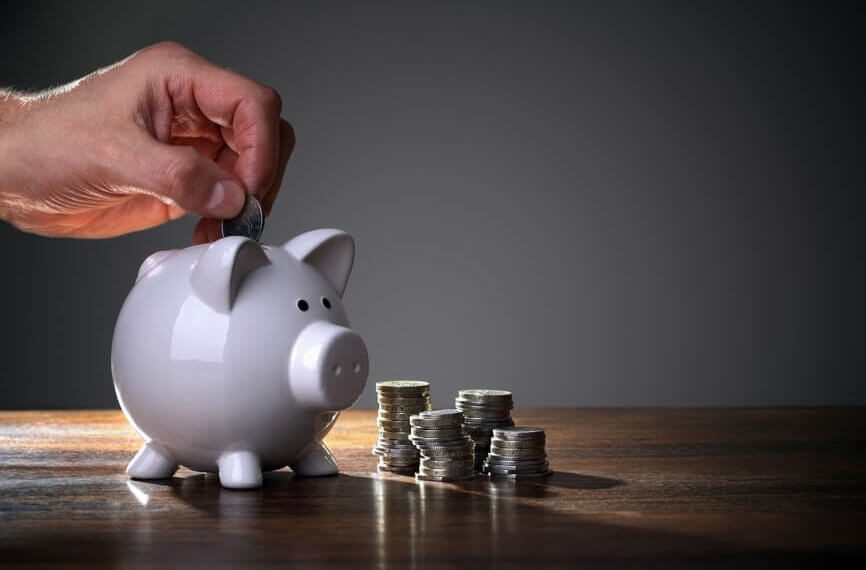Whether you find yourself struggling to cover outgoings, want to build up a rainy-day fund or make that family holiday happen, saving money is always a good thing to do. It’s also a lot easier than you might think and can be achieved almost instantly by implementing some small changes at home.
1. Shop around
Whether its utility bills, food shops or car insurance, you should always try to seek out the best deal available. So many people find themselves paying over the odds for things due to complacency or a simple reluctance to sit down and do the work. It may seem overwhelming at first, but persevere – it’s worth it. You’ll be amazed at how much you can save by shopping elsewhere. If you do stumble upon a better deal, call up your current provider and let them know as they may offer to match it.
2. Be resourceful
One of the worst habits in today’s society is the sheer volume of unnecessary waste. Food is a particularly large contributor of this and for the most part can be cooked and consumed rather than thrown away. The number one rule in all instances is to only buy what you need. Do not be lured in by special offers on fresh produce unless you know that you will use it. Cooking up large batches and then freezing individual portions is a great way to get the most out of your shop.
Fixing things before buying new ones is also incredibly economical. Reacquaint yourself with the art of darning socks and
3. Go green
The term ‘eco-friendly’ is often misconstrued as being an expensive way of living. Yet this couldn’t be further from the truth. Every time you save energy you are saving money. So turn off lights and sockets when they’re not in use. Be frugal with water. Avoid having the heating on unless you really need it. Grow your own veggies instead of buying from the supermarket. The list is endless. Even energy saving light bulbs are an investment because they last far longer than standard ones. You can save money and reduce your carbon footprint simultaneously.
4. Sell your junk
There is truth in the phrase “one man’s rubbish is another man’s treasure”. Have a clear out and see what you can sell, separating things into different piles depending on their worth. Online bidding sites like Ebay are ideal for anything that is likely to fetch more than the cost of postage, and you can do it from the comfort of your living room. Boxes of old CDs, records and DVDs are best sold in bulk for a single price. Household items and bric-a-brac are great for car-boots and clothes can be either sold item by item or as a collection. Keep an eye out for unusual treasures and rarities. Just remember – if you were going to throw it away then every penny is a bonus.
5. Buy secondhand
Charity shops, thrift stores, online auctions and local ads are all fantastic alternatives to high street shopping. Of course there will be some things that you want to buy brand new but for many others, secondhand is just as good and so much cheaper. If you are the creative type then look out for things that you can modify or customise.
6. Do it yourself
Living in a consumer driven society means we have become accustomed to having things ready-made and instantly available. In many cases we have neglected our own self-sufficiency and creativity, relying on products that don’t require much skill-set or more importantly, time. This also results in us throwing things away that can be easily fixed for free. So learn some basic skills such as darning and wiring a plug. Make your own cushion covers and throws instead of buying new sofas. Take care of your belongings and you won’t have to replace them. It’s satisfying and incredibly economical.
7. Take control
Assessing and planning your finances is the first step to getting the most out of your money. The more you are aware of your spending habits, the more you can take control of them. Make a spreadsheet and keep track of every last penny, both in and out, for one month to see just where your money goes. You will be amazed at how many small, unnecessary purchases you make that can be easily avoided.
8. Plan ahead and budget
Part of taking control involves planning ahead. Budgeting is a sure fire way to save money and help you on your way to really transforming your financial wellbeing. Whenever you have more than you need in the bank, transfer it into a rainy-day fund and forget about it. If you do this regularly, it will soon accumulate nicely.


